
Why Electrolytes Are Essential for Active Women: A Guide to Natural Replenishment
When it comes to staying hydrated, electrolytes are the unsung heroes that keep your body balanced and energized, especially for active women. Whether...
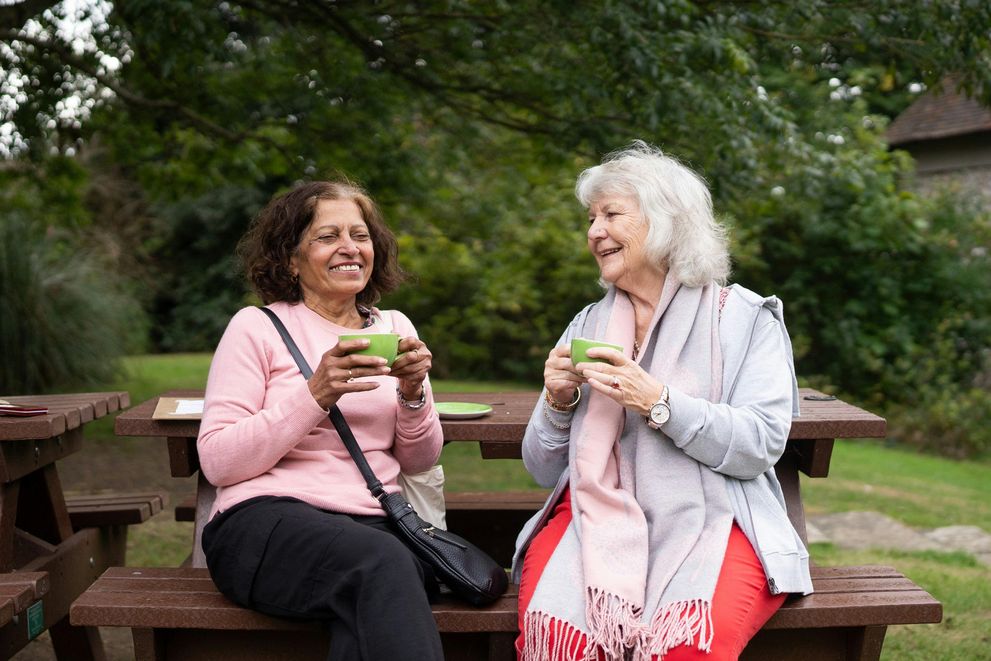
Herbal teas have been cherished for centuries as natural remedies for promoting overall health and well-being. For women, in particular, herbal teas can offer specific benefits that support hormonal balance, stress relief, and overall health. From soothing PMS symptoms to enhancing digestion, these teas provide a gentle, natural way to improve wellness while enjoying a moment of peace.
Let’s dive into the world of herbal teas and explore the science behind their health benefits for women.

Women’s hormonal cycles are constantly fluctuating, influenced by menstrual phases, pregnancy, menopause, and lifestyle changes. Some herbal teas can help bring balance to these changes and alleviate symptoms related to hormonal shifts.
Red raspberry leaf tea has gained popularity for its ability to support reproductive health, especially in women. It is often recommended for women experiencing painful menstrual cramps or looking for fertility support. This tea acts as a uterine tonic, helping strengthen the uterine muscles, which can ease discomfort during menstruation or prepare the uterus for childbirth.
Chasteberry (Vitex agnus-castus) is known for its hormone-regulating properties, making it an excellent choice for women dealing with PMS or menopausal symptoms. This herb works on the pituitary gland, regulating the production of progesterone and estrogen to ease symptoms like mood swings, irritability, and breast tenderness.
Between juggling careers, relationships, and personal goals, many women are no strangers to stress. Luckily, some herbal teas can help alleviate stress and promote relaxation.
Chamomile is one of the most well-known herbal teas for reducing stress and promoting relaxation. Its gentle calming properties are due to apigenin, an antioxidant that binds to certain brain receptors, reducing anxiety and helping induce sleep.
Lavender tea is another great option for women looking to unwind. Lavender is celebrated for its soothing and anxiolytic properties, making it ideal for reducing tension after a long day. It can also aid in promoting deeper, more restful sleep, which is essential for overall wellness.
 and overall wellness. A woman drinking herbal tea, enjoying its calming benefits for stress relief and overall wellness.](/_astro/woman-drinking-herbal-tea.CcoW2PBm_2uOzVr.jpg)
In addition to balancing hormones and relieving stress, herbal teas can support various other aspects of women’s health, from digestion to immune function.
Peppermint tea is an excellent digestive aid. Its antispasmodic properties help relax the gastrointestinal muscles, reducing bloating, cramping, and discomfort, especially around menstruation. It also soothes nausea and can alleviate symptoms of IBS (Irritable Bowel Syndrome).
Ginger tea is a powerhouse for overall health. It’s often used to relieve nausea, improve digestion, and reduce inflammation, making it a popular remedy for morning sickness during pregnancy. Additionally, its anti-inflammatory and antioxidant properties help boost immune function.
Adding herbal teas into your routine is a simple yet effective way to promote wellness. Here are a few tips:
Q: How can herbal teas benefit women’s hormonal balance?
A: Herbal teas such as red raspberry leaf and chasteberry can help regulate hormonal fluctuations by supporting reproductive health and alleviating symptoms related to PMS and menopause. Red raspberry leaf acts as a uterine tonic, while chasteberry helps balance progesterone and estrogen, reducing mood swings and discomfort.
Q: Which herbal teas are best for stress relief?
A: Chamomile and lavender are two popular herbal teas for reducing stress and promoting relaxation. Chamomile contains apigenin, an antioxidant that calms the nervous system, while lavender helps reduce anxiety and improve sleep quality.
Q: Can herbal teas help with digestion?
A: Yes, herbal teas like peppermint and ginger are excellent for digestive health. Peppermint helps soothe the digestive tract, reducing bloating and cramps, while ginger is known for relieving nausea and improving digestion.
Q: Are there any precautions women should take with herbal teas?
A: Pregnant or breastfeeding women, or those on medications, should consult with a healthcare provider before consuming certain herbal teas. Some herbs may interact with medications or affect hormonal health during pregnancy.
Q: How often should I drink herbal tea for wellness benefits?
A: The frequency depends on the type of tea and your health goals. For example, drinking a cup of chamomile tea in the evening can aid in sleep, while peppermint or ginger tea can be consumed daily to support digestion. Moderation is key.
The information provided in this article is for educational purposes only and should not be considered a substitute for professional medical advice. Always consult with a healthcare provider or a registered dietitian before incorporating herbal teas, especially if you are pregnant, nursing, or taking medications. While herbal teas can offer health benefits, individual responses vary, and excessive consumption may lead to adverse effects.
Herbal teas offer an accessible, natural way to support women’s health, from balancing hormones and reducing stress to improving digestion and boosting immunity. With so many options available, it’s easy to find a tea that resonates with your wellness goals.
Takeaway: Whether you’re looking to soothe menstrual cramps, calm your mind after a stressful day, or improve your digestion, herbal teas offer a gentle and effective way to nurture your health.
Embrace it: Pour yourself a cup, breathe in the calming aromas, and enjoy the natural wellness boost that herbal teas provide.

When it comes to staying hydrated, electrolytes are the unsung heroes that keep your body balanced and energized, especially for active women. Whether...
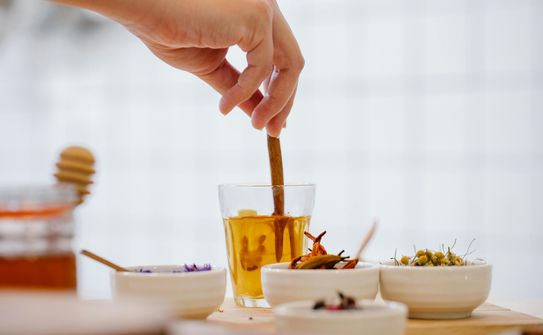
Throughout history, cultures across the globe have embraced the healing power of beverages made from herbs, spices, and natural ingredients to promote...
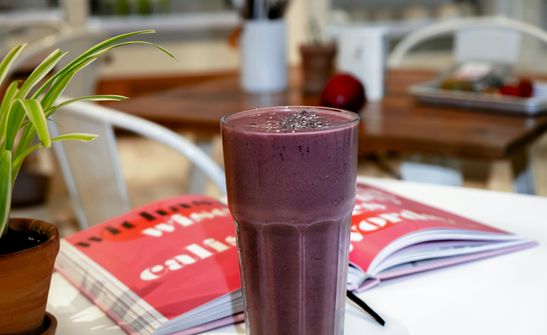
Smoothies are a great way to fuel your body with essential nutrients, but adding adaptogenic herbs can take your wellness routine to the next level. A...
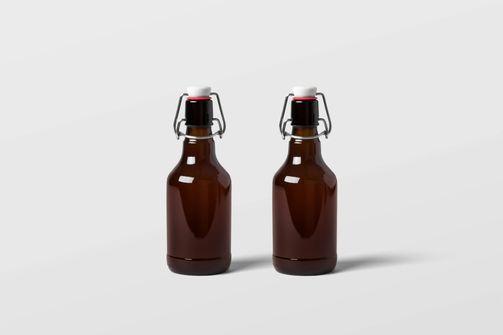
Fermented beverages like kombucha, kefir, and other probiotic-rich drinks are gaining popularity due to their powerful effects on gut health. These dr...
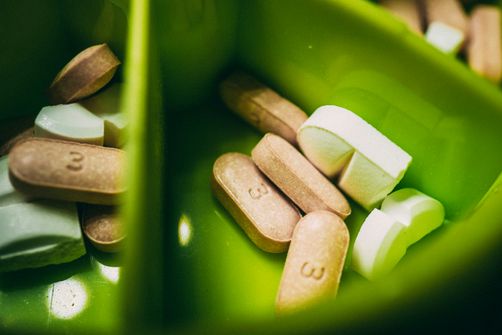
Choosing the right supplements can be like finding a needle in a haystack, especially with the multitude of options out there. To make your life easie...